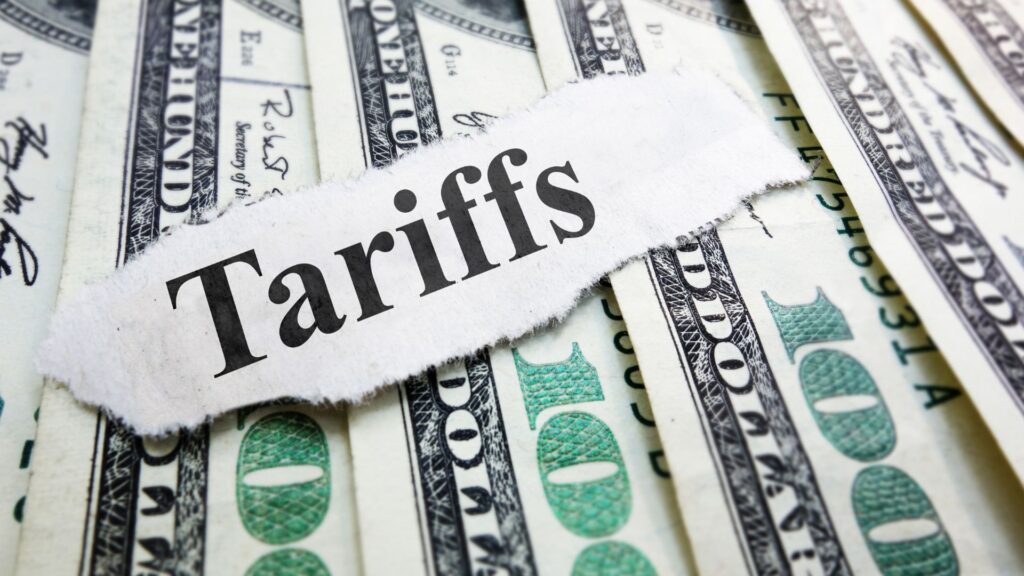With the energy price cap set to rise by 55% in April 2022, it’s no wonder that many are wondering what it is and whether it is the best option for you and your bills. Therefore, we’re answering your questions on the energy price cap, from how it works to whether you should move from the energy price cap.
The Energy Price Cap: Your Questions Answered
What is the energy price cap?
Introduced by Ofgem in 2019, the energy price cap endeavors to protect UK households from expensive energy bills.
Usually, variable tariffs are cheaper than the price cap, benefiting those who switch energy at the end of their tariff. However, due to the energy price crisis, the price cap is now the cheapest option for your energy.
What is the price cap currently set at?
The price cap rose by 12% in October 2021 to its highest ever level of £1,277 per year for a typical UK household.
This does not mean this price is the highest you can pay – it is instead capped on usage, so the more energy you use, the more you will pay.
Is the price cap increasing again?
Sadly, yes. The price cap changes every six months to reflect current changes in the cost of supplying energy. Due to rising wholesale gas prices over the past six months, industry experts have been expecting a large rise come April 2022. In fact, Cornwall Insight are predicting that the cap will rise by 51% in April. That equates to £1,925 per year for a household on typical use.
Should I stay on the price cap?
Due to soaring wholesale gas prices, energy suppliers are not offering cheaper rates than the price cap. Therefore, switching is largely futile.
One of the only benefits to moving from the price cap to a fixed rate would be budgeting certainty, i.e. you will know how much your energy bills will be each month instead of being at the mercy of price cap increases.
Am I paying too much for my energy bills?
With such large price hikes, it can be difficult to know what you should be paying for your energy and whether you are paying too much.
In 2021, the average gas and electricity bill was £111. However, given that energy prices have risen astronomically over recent months, average bills are now likely to be much higher.
If you are concerned you are paying too much for your gas and electricity, the first thing you should do is contact your supplier. They may be able to put you on a lower rate, especially if you are considerably in credit on your account.
It is worth noting that being on the price cap means you are paying considerably less for your energy than suppliers are buying it for. Therefore, watch out for them trying to tie you in with higher rates: if in doubt, stay on the price cap.
Struggling to pay your energy bills?
There is no doubt about it, whether you’re on a fixed rate or the price cap, your energy bills will have gone up considerably in recent months. This, coupled with the rising cost of food, fuel and general cost of living is putting the strain on many people’s finances.
If you are struggling to pay your energy bills, there is help at hand. The government offer the Warm Home Discount while your energy supplier must work with you to offer more manageable monthly or quarterly payments.
If you have fallen behind with your energy bills or cannot pay your bills, you should seek debt advice straight away. Our online debt advice tool allows you to seek debt advice for FREE, with no obligation and without having to pick up the phone. If you are struggling with energy price increases, get back on track with our free online debt advice tool.


